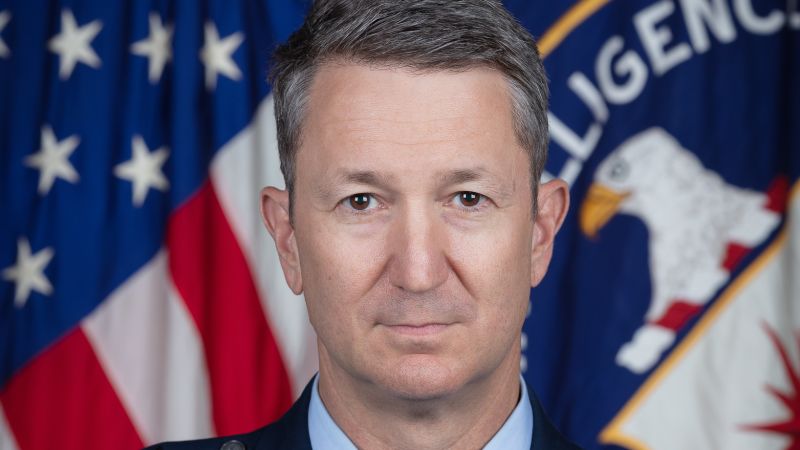From Cockpit to Command: How a Veteran General Caught Trump's Eye for Top Military Role

In a surprising move, President Donald Trump has tapped a distinguished Air Force general to lead the Joint Chiefs of Staff following the unexpected dismissal of his predecessor. The incoming chairman is a seasoned F-16 pilot with a sterling reputation, widely respected by colleagues for his exceptional leadership and unwavering integrity.
Those who have served alongside this military leader describe him as a professional with a profound moral compass, highlighting his commitment to ethical leadership and national service. His selection signals a potentially significant shift in military leadership, bringing a wealth of experience and a reputation for principled decision-making to one of the most critical roles in the United States military.
The abrupt change in leadership, announced late on a Friday night, underscores the dynamic and unpredictable nature of high-level military appointments during the Trump administration. As the new chairman prepares to take the helm, military observers and political analysts alike are closely watching what his appointment might mean for the future of national defense strategy.

